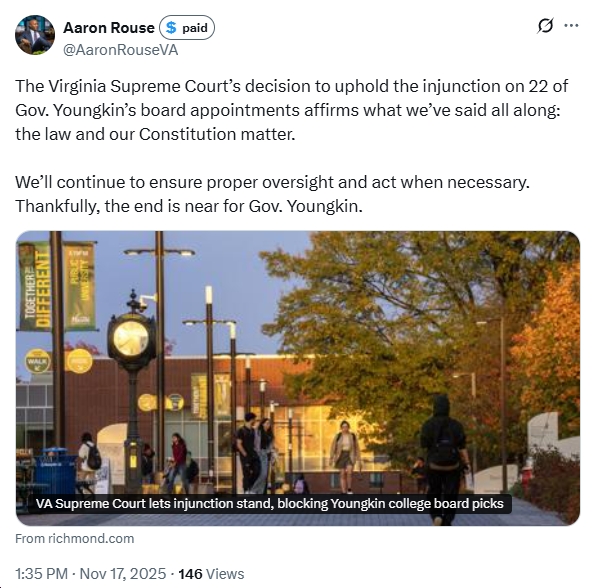The following are responses to the Fairfax County Democratic Committee (FCDC)’s questionnaire from the eight candidates for the Fairfax County Public School (FCPS) Board’s vacant, at-large seat. I’ll post the responses in random order. The candidates are, in alphabetical order: George Becerra, Marianna Du Bosq, Carolyn Hendler, Shaista Keating, Stacia Keel, Karen Keys-Gamarra, Michele Menapace and Abrar Omeish. Here are their responses to question #2 (“FCPS provides public education to an increasingly diverse population (e.g., religious and ethnic minorities, LGBTQ individuals, etc). What policies would you support to meet the needs of those groups?”) of the eight-question FCDC Q & A. I’ll post the other Qs & As in separate posts. Note that FCDC will hold its meeting to endorse a candidate for this position on Friday, June 23rd, 7pm at the Fairfax County Government Center.
George Becerra

Marianna Du Bosq
The diversity of Fairfax County Public schools is one of its greatest strengths. It is important that our district support and meet the needs of our diverse populations in the classroom. It is paramount that FCPS create a school system that is welcoming and inclusive for all individuals regardless of cultural, ethnic, linguistic, sexual orientation, gender identity, racial and socioeconomic status.
Many of our teachers are in classrooms made up of diverse group of students. One policy that I would support as a FCPS board member is the development of more robust culturally relevant instruction for our schools and adopting curriculum that supports these practices. FCPS teachers, staff and students would benefit from incorporating this method of instruction for the delivery of its academic curriculum.
Culturally relevant instruction occurs when teachers create a bridge between students’ home life and their school life while still achieving the expectations of the district. It is a way for educators to gather students’ previous knowledge, background and experiences to influence lessons and instruction. Required training supporting this pedagogy is likely to arm the teachers with tools to engage their learners and prepare them to meet their needs.
Abrar Omeish
–Language access –Offering languages based on population needs (e.g. Arabic, Korean) –Effective language interpretation services, especially for parents (e.g. Back to School night)
–“Teaching Tolerance” as a value for global/21st century learning (Portrait of the Graduate) –Principal advisory committees (e.g. Woodson High School) –Particular allocation of SGA/SCA funding for awareness campaigns/projects (incentivizing)
–Supporting staff with diverse needs –Providing necessary spaces (see below) –Accommodating off-day needs –Ensuring accessible classrooms for educators with disabilities
–Administrative recognition of differences –Holiday announcements/letters –Consideration of calendar and holidays according to population’s needs (like other counties)
–Accommodating Spaces (for students and staff) –Multipurpose room (chapel/safe space, lactation room, changing room for students with disabilities, etc.) –Restroom choice/restructuring
–Not forgetting diversity across abilities and income levels/socioeconomic status as well! –Continued availability of funds for students unable to afford programs –Flexible options with work schedules (e.g. online or existing night classes) –Rethinking the structure of special needs care (e.g. Grafton model)
–Reporting and remediation service for targeted/bullied/harassed students; should have the option of being anonymous. –Support of a peer counseling/support arm (like ‘peer mediators’) –Mental health resources (at least one counselor professionally trained, students referred)
Michele Menapace
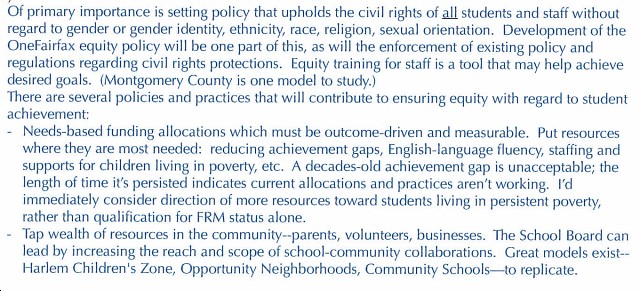
Karen Keys-Gamarra
I would support policies that recognize our diversity and encourage a safe and respectful learning environment. The School Board made decisions in 2015 to protect the rights of transgender students and faculty. I will vigorously defend those policies and regulations whenever any challenges are brought to the Board.
Stacia Keel
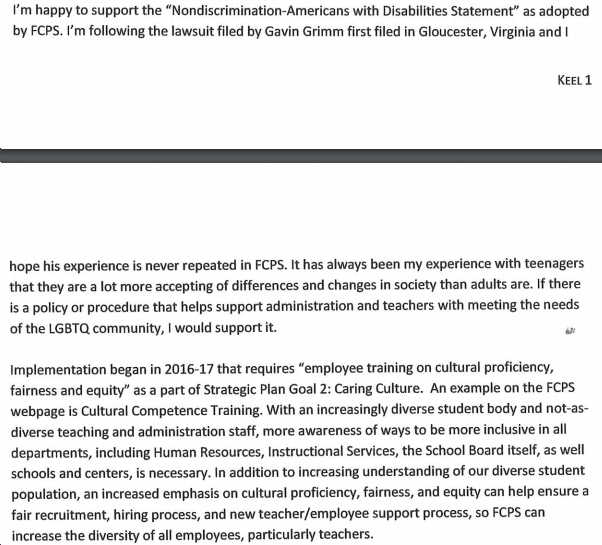
Carolyn Hendler
In recent years, there has been approximately a 25% increase in students
requiring intensive ESOL services.
This year, the acceptance rate at TJ included the alarming statistics of
1.8% African American students, 1.6% Hispanic students and 1.6% of
students who received free or reduced meals. These statistics are
unacceptable. All students are entitled to receive the same quality
education. I support policies that work to eliminate the educational gap
in our schools such as kindergarten readiness programs and cooperative
learning strategies. We must commit to building strong ties to the
community by better involving diverse groups of students and parents in
discussions. Schools through PTA and volunteers should reach out to all
members of the community to encourage parental support and
involvement. In the classroom, all students must receive the support they
need. We must provide culturally sensitive educational environments so
that all students are included in activities and services. It has been
established that students in smaller classrooms, particularly early on,
achieve greater academic success that persists throughout their academic
career.
Shaista Keating
When my parents immigrated to the United States, they came, like so many others, to give their children access to educational opportunity. Diversity is our strength and education is our promise.
Because I know we must address challenges that accompany diversity, I served as co-chair of the FCPS Human Relations Advisory Committee, which is focused on helping our schools promote a spirit of collaborative learning, based on a sincere respect for the diversity within FCPS.
We proposed a number of specific ideas to inform policies on diversity and inclusion. The key is building strong partnerships between families and our schools. We must: 1. Build capacity within our schools and within our families to come together for student achievement Utilize parent liaisons to create friendly school environments for all students Have teachers, counselors, and parents meet together to discuss student goals and advance student achievement 2. Expand partnerships with community organizations 3. Use technology better to increase outreach
We are so blessed to live in an area that supports families from diverse backgrounds. The key to making the most of our community is to create more opportunities for parents and staff to create and sustain strong relationships with each other.


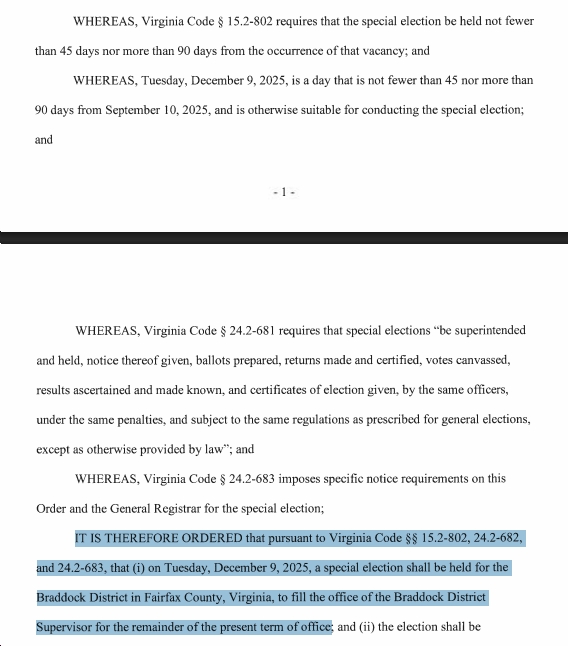
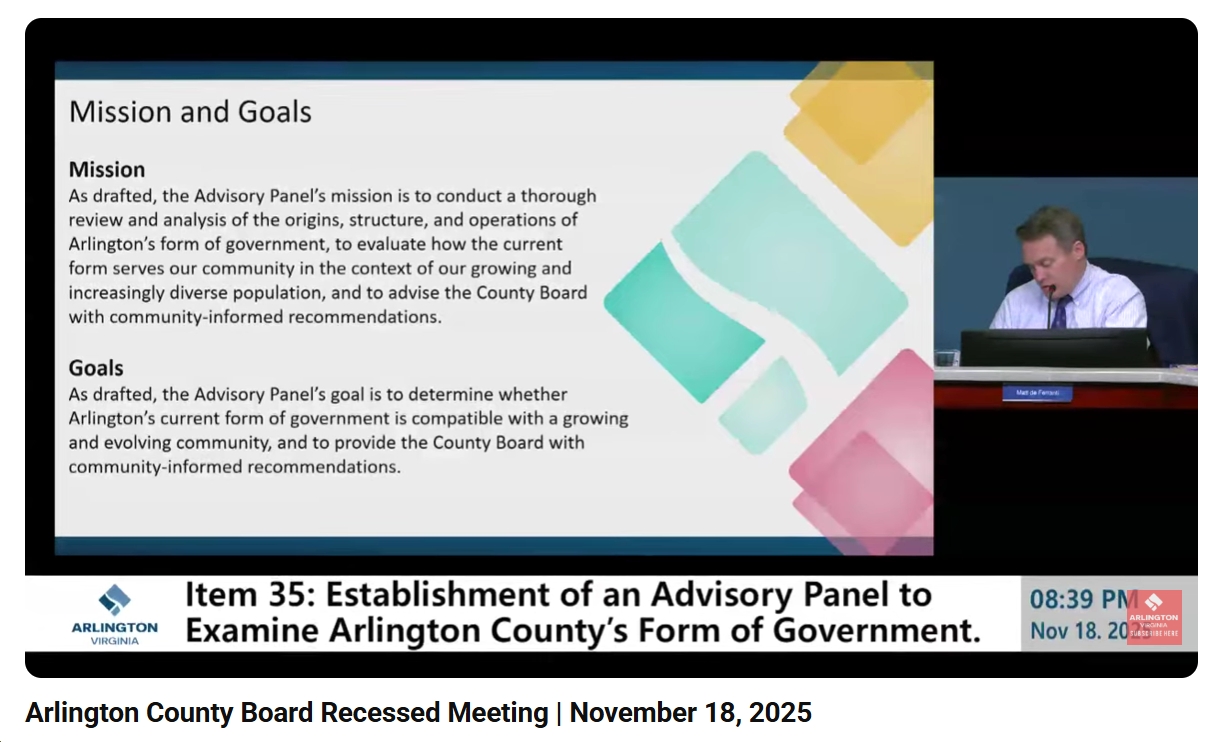
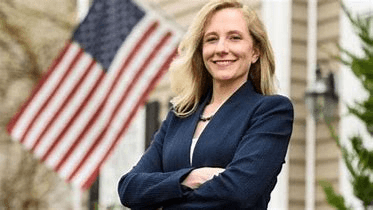
![Virginia NAACP: “This latest witch hunt [by the Trump administration] against [GMU] President Washington is a blatant attempt to intimidate those who champion diversity.”](https://bluevirginia.us/wp-content/uploads/2025/07/gmuwwashington.jpg)
